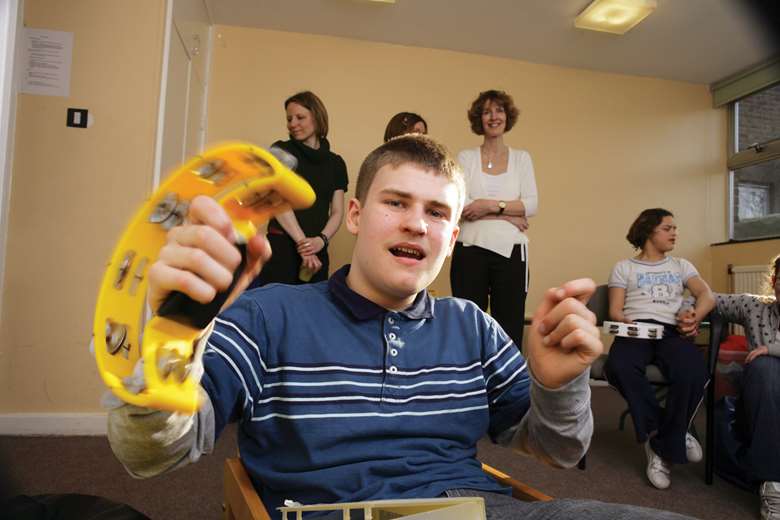Skills for the Job: Making youth clubs inclusive
Garnet Johnson
Monday, June 8, 2015
Youth organisations and leaders have a responsibility to ensure their schemes are accessible to young people with disabilities.

Why is it important for disabled young people to be able to access youth clubs?
It is important to remember that small steps are still steps in the right direction. When some disabled young people not participating in mainstream youth provision were asked why this is, a few responded: "Because I've never been asked."
Being involved in youth groups and activities can help engender a level of independence, promote social interaction, build resilience, teach life skills and help reduce the young person's reliance on key groups.
In addition, all service providers have a legal duty to anticipate that disabled people will want to use their services and therefore should plan to make changes so that they are able to do so. These include a duty not to treat disabled people less favourably than people who are not disabled; a duty to make reasonable adjustments; and a duty to make reasonable adjustments in relation to physical features or premises.
What are the main barriers for disabled young people to accessing youth clubs?
Many people have preconceived prejudices about disabled people. This could be due to having limited contact with disabled people. Misconceptions of others can lead to negative perceptions or intolerance. For example, some adopt a discriminatory attitude by making an incorrect assumption that a disabled person would not be as capable as a non-disabled person.
The most disabling barriers are often not physical, but the negative attitudes expressed by others. Stereotyping, discrimination and prejudice can have the most long-term and damaging effects. If young people do not feel welcome, or if they feel that they are a burden, they are much less likely to engage, and therefore risk being further marginalised.
Access to information can also be a barrier. We rely on written material extensively in our daily lives - everything from information on what time the buses/trains are running to how our mobile phones operate. This must be recognised and thought given to how it is overcome.
How do you ensure disabled young people can access a youth club?
The way we say something can influence young people's perceptions in a positive or a negative way. The language and terminology used to describe disability and disabled people has often communicated a negative message, so it is important that we communicate positive attitudes and avoid terms that may cause offence or inaccurately portray diversity.
When it comes to the physical surrounds of the youth club, it is important to consider the location, space, toilet facilities, staff ratios and inclusive activities. It is crucial that staff, young people and volunteers receive disability awareness training arranged alongside sessions exploring good relations. Try to be creative: even if a young person has a particular disability, it does not mean that they are unable to do all activities.
How can youth work professionals help disabled young people overcome barriers?
Consider all a young person's needs when developing sessions and make activities adaptable depending on complexity of those needs. When disseminating information, consider techniques such as plain English, large print and Braille, audio cassette, speech synthesizer, sign language and subtitles.
If you feel a young person needs assistance, ask them. Do not assume you know the best way of helping - listen to any instruction given. It is also important to not make assumptions about the existence or absence of disabilities. Some people have hidden disabilities, such as diabetes.
What additional support is available?
The following organisations have useful advice and resources on the rights of disabled young people and how best to support them: www.scope.org.uk/support/disabled-people/trendsetters; www.actionforkids.org; www.actionforchildren.org.uk/what-we-do/ support-for-disabled-children; www.childrenslawcentre.org; www.mencap.org.uk; www.disabilityaction.org; and www.childrenscommissioner.gov.uk.
TOP TIPS
- Put the young person first - not their disability
- Engender a culture of challenging stereotypes and building relationships on the grounds of respect and fairness
- Always be mindful of the words and terminology you use
- Aim to promote full participation
By Garnet Johnson, development manager, Groundwork South




